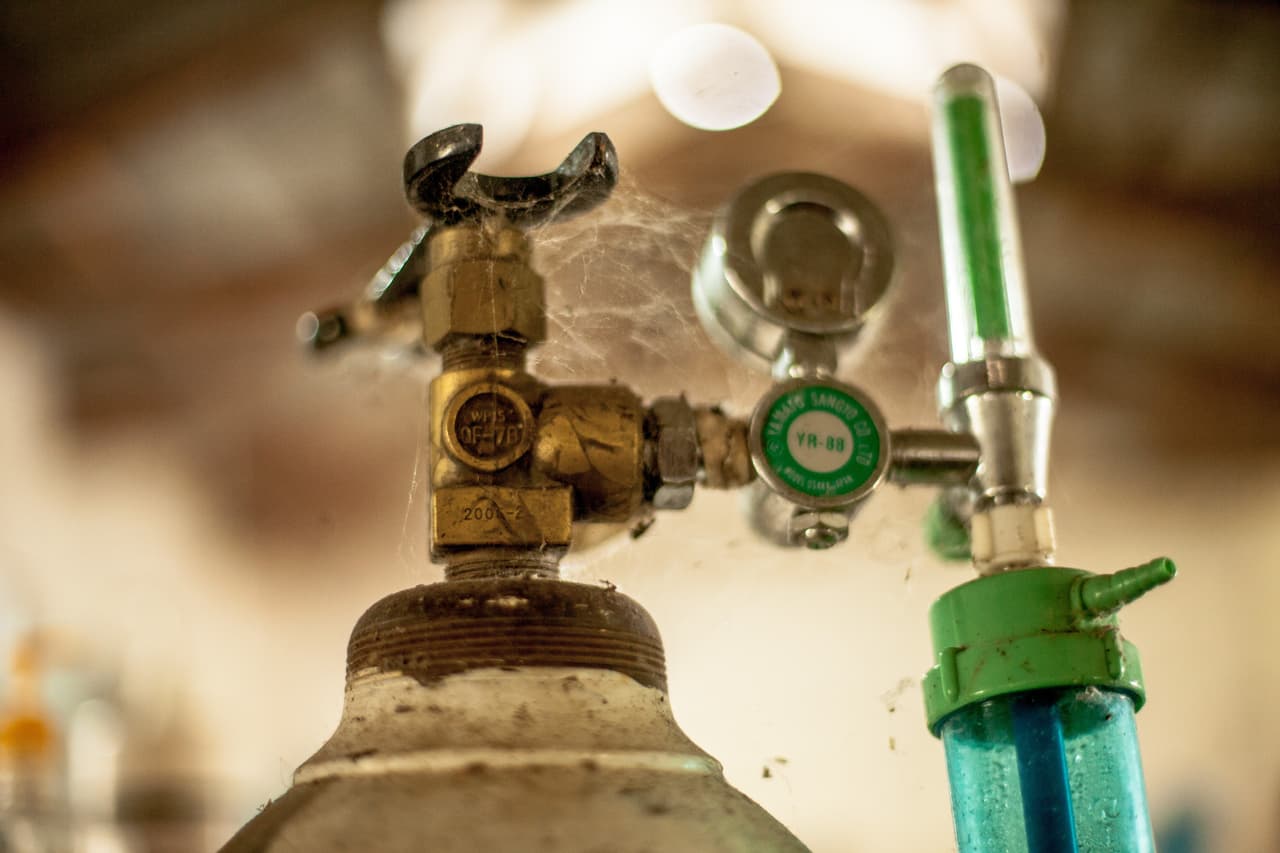
Breakthrough deal to help solve Covid oxygen crisis
Two of the world’s largest oxygen companies, whose high prices and anti-competition practices in Africa were revealed by the Bureau last year, have announced landmark agreements with the global health initiative Unitaid to transform access to oxygen in poorer countries.
For months, the world has looked on horrified as thousands of people die needlessly because of oxygen shortages in India and Latin America. With this agreement, Air Liquide and Linde have committed to work with global health partners to ensure equitable access to oxygen in priority countries to meet Covid-19 emergency needs.
It is hoped that the collaboration, struck by the Clinton Health Access Initiative alongside Unitaid, could also help prevent future oxygen shortages and ensure a resilient, safe supply of oxygen. Its aims include building better infrastructure, such as tanks and piped oxygen systems, and creating a framework for negotiating deals for oxygen in advance of need, potentially leading to a more reliable supply and lower prices.
In May, the Bureau revealed the 19 countries around the world – including Argentina, Malaysia, Thailand, Pakistan and South Africa – that were experiencing high and rapidly growing demand for oxygen for Covid-19 patients. In nearly all of these countries, fewer than one in ten people had received a dose of a vaccine.
Oxygen is one of the only treatments for severe Covid-19 infections, but it is also a vital medicine – classed by the WHO as essential – for pneumonia and sepsis, in anaesthesia and childbirth, and for trauma and accident victims. About 2.5 million people, including 670,000 children under five, die of pneumonia every year. Experts say better access to oxygen, as well as to sanitation, vaccines and antibiotics, could save their lives.
Kevin Watkins, chief executive of Save the Children said: “Restricted access to medical oxygen is one of the starkest inequities in global public health – an inequity magnified by the Covid-19 pandemic.
“While people in rich countries have virtually unlimited access to medical oxygen, millions of children in poor countries are left gasping for breath by killer diseases like pneumonia because oxygen is either unavailable or unaffordable – or both. The Covid-19 crisis has graphically illustrated why building efficient and equitable medical oxygen systems is a life and death issue. This agreement between Linde and Air Liquide will save lives – and we welcome their leadership.”
The Bureau first uncovered the precarious nature of oxygen provision across Africa in August 2020. The investigation highlighted several factors that prevented Covid-19 patients getting the oxygen they needed, including high prices charged by Air Liquide and Linde, which dominate the market in most African countries. Ex-industry employees and analysts said that some gas companies had likely made profit margins of between 45% and 88% on medical oxygen.
That investigation helped focus attention on the growing oxygen crisis. Madlen Davies, who led the reporting, presented the findings of the Bureau’s investigation to the Every Breath Counts Coalition, a public-private partnership of 50 organisations, in late 2020. Following this, one of the oxygen companies joined the coalition and also hired “access to oxygen” staff.
Every Breath Counts and Access to Medicine Foundation then co-hosted three roundtables. These organisations are members of the oxygen emergency taskforce that brokered the deals this week, after months of engagement with the companies.
Leith Greenslade, coordinator of the Every Breath Counts Coalition said: “The work of leading journalists such as the Bureau of Investigative Journalism really paved the way for collaboration between industry and the international Covid-19 response by revealing some of the most egregious barriers to oxygen access.
“These were causing so much death and suffering in countries with weak health systems, not acting together was simply not an option.”
Cut through the noise – get to the stories that matter
Sign up for our newsletterReporters: Madlen Davies and Rosa Furneaux
Desk editor: Chrissie Giles
Impact producers: Ben du Preez and Miriam Wells
Global editor: James Ball
Investigations editor: Meirion Jones
Production editor: Frankie Goodway
This article is part of our Global Health project, which has a number of funders including the Bill and Melinda Gates Foundation. None of our funders have any influence over the Bureau’s editorial decisions or output.
Header image: An oxygen cylinder. Courtesy of Save the Children.
-
Area:
-
Subject:




